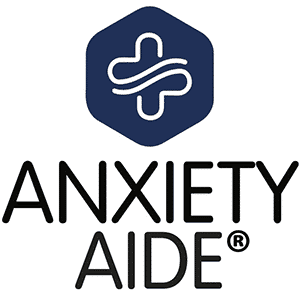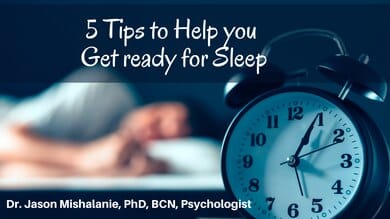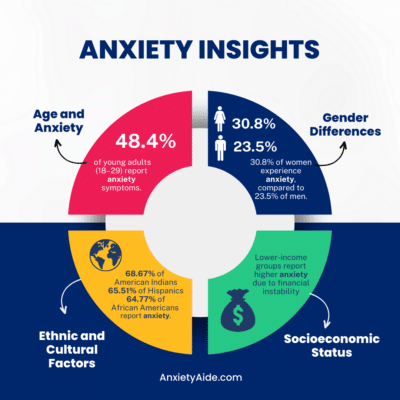- Think about positive aspects of your childhood. It has been shown that remembering instances of fun-filled events from the past and times with less complicated concerns can lower the resting heart rate and enhances creativity. For a moment, relive that fabulous snowball fight or football game in the back yard.
- Prepare for tomorrow. Get to-do items out of your head and into an organization system, such as a list of some form. The key is to trust your system. This lessens the need for continuous mental rehearsal of tomorrow’s tasks.
- Progressive muscle relaxation. A popular and effective technique put forth by Dr. Edmund Jacobson entails alternating between flexing and relaxing muscle groups to enable muscles to release tension. This can be done either sitting in a chair or lying in bed. Since anxiety can manifest physically (e.g. stomach ache, head ache, sore back), physical relaxation can decrease the experience of anxiety.
- Sleep hygiene. Keep your area of sleep associated only with sleep. Working on a computer in the bedroom associates that space with work, problem contemplation, and possible frustration.
- Discontinue use of electronic devices at least 90 minutes before bedtime. Electronic devices, such as phones and computers (even WiFi) emit electromagnetic field energy (EMF), usually at very fast frequencies. These frequencies trigger brain activity related to anxiety and over-arousal. Placing cell phones away from the bed and turning off WiFi can additionally improve one’s quality of sleep.
For longer term health, seek assistance from a mental health professional (e.g. psychologist, counselor, neurotherapist) to address the origin of it.15



